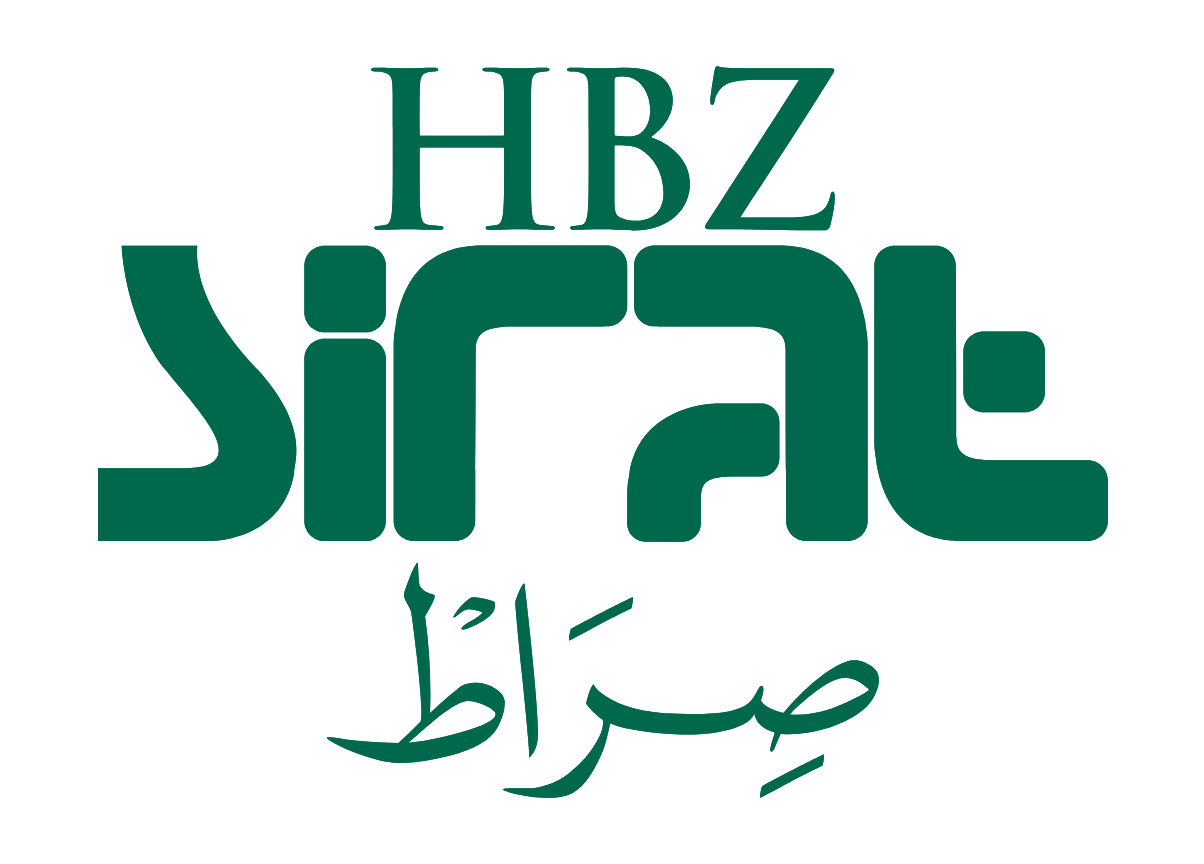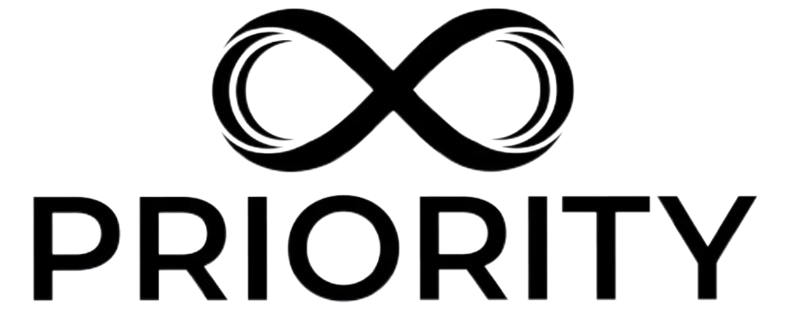Information Centre
Welcome to our Information Centre, which is equipped with documents that provide complete information about the products offered by the Bank, including Key Facts Statements, Product Flyers/Brochures, Product Comparison Sheets, Terms & Conditions, Charges & Rates, Application Forms and Useful Financial Information & Articles.
Click on headings below to explore each section.
Ramadan Timings
| Weekdays (Monday to Thursday & Saturday) | 9:00 am – 2:00 pm |
| Friday | 9:00 am – 12:00 pm |
| Sunday | Closed |
Information within this section pertains to financial literacy and safer banking practices. The topics covered aim to enhance the Consumer’s level of knowledge related to financial activities, thereby increasing their level of trust and utility of financial products and services.
Habib Bank AG Zurich encourages its customers to be well-informed. The documents given below provide information that will help you in managing and protecting your funds in a better manner.
-
- Emirates ID Details Update Through HBZ Mobile App
- HBZweb FX Trade Tutorial – Part 1
- HBZweb FX Trade Tutorial – Part 2
- HBZmobile App FX Trade Tutorial – Part 1
- HBZmobile App FX Trade Tutorial – Part 2
- Manage Your Debt
- Cooling-Off Period
- Fair Treatment
- Security Advice – Be Responsible, Be Secure
- Common Reporting Standards
- Discover the 50/30/20 Budgeting Rule
- Benefits of Fund Transfer through Web Banking
- Quality Vs Cost
- Need a Loan or Finance
- Teaching Kids About Money Management
- SANADAK – Ombudsman Unit UAE
- Email Payment Fraud
- Aani Payment System – Frequently Asked Questions
- Protect Your Identity
- Know Your Customer (KYC)
-
Save With A Purpose Q1 2025
336
1
-
Advantages & Precautions of Contactless Payments Q2 2025
1
259
-
Benefits of Mobile Banking Q3 2025
1
276
-
Saving and Spending made Simple Q4 2025
0
0
This section of the CEA page provides links to the application forms and other such documents in a downloadable PDF format. These forms are available product-wise and classified into Account Maintenance, General Banking, Trade Finance, Financing & Advances, Wealth Management and Electronic Banking.
To view or download forms, Click Here.
Sirat Information Centre
Welcome to Sirat Information Centre that is equipped with documents that provides complete information about the products offered by the Bank, including Key Facts Statements, Product Flyers/Brochures, Product Comparison Sheets, Terms & Conditions, Rates & Tariffs, Application Forms, Frequently Asked Questions and Useful Financial Information & Articles.
Click the heading below to explore each section.


